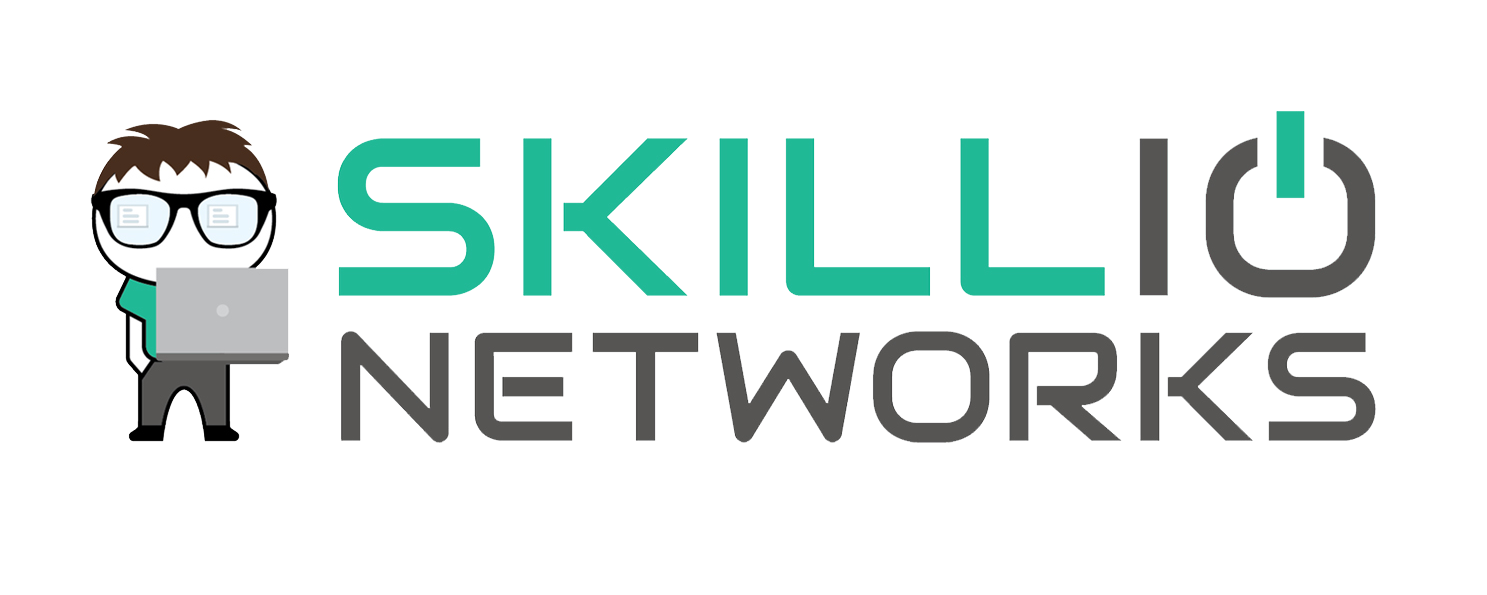
Are you planning to head to the big box store to get a router for your business? That choice could end up costing you more than you realize.
When you’re purchasing networking or computer equipment for your business it can be tempting to only compare prices and choose cheaper, consumer-grade components.
But rather than saving money, using hardware that wasn’t designed for business use could result in higher costs and other risks that you didn’t anticipate.
There are distinct differences in the technology solutions – routers, printers, computers, etc. – that are sold for consumer use and those sold for business use. These differences can include everything from lifespan and warranty to features and security.
What’s at risk if you don’t choose the right class of technology equipment for your business?
You risk not only increased IT costs and data breaches, but also unexpected downtime which can result in productivity and business opportunity losses.
The average cost of downtime is $5,600 per minute.
Understanding the difference between enterprise-grade and consumer-grade hardware can make all the difference in the reliability and efficiency of your technology infrastructure.
Why You Need IT Equipment Made for Business Networks
When hardware manufacturers are creating routers and PCs, they design them differently for consumer use than they do for business use. Knowing the benefits of buying enterprise-grade gear can keep you from making a costly mistake.
Here are some of the main differences between business and consumer hardware components.
Lifespan
Consumer-grade equipment is not designed for 8-hour per day, 5-day per week use. Computer PCs are generally built with cheaper parts, so they’ll fall within a competitive consumer price range, but are not built to last as long as business systems or take as much daily use.
Enterprise-grade PCs are built with higher quality components and are made to last longer and to operate at least 40 hours per week or more. If you purchase consumer-grade PCs for business use, you’ll find that they crash and have problems sooner and will need to be replaced faster than those designed for business use.
Memory & Speed
What seems like a great deal on a device at a big box store during a super sale, can be anything but. Cheaper computers often mean less memory, which equals lockups when trying to access business applications.
The average worker loses 40 minutes per day waiting on slow technology.
A slow computer can eat away at productivity and leave your employees frustrated. Often those “Black Friday” or other special sales you see on consumer PCs are for models with very little memory and processing power.
Business grade PCs are designed for performance and to handle many types of memory intensive work. Having a computer that doesn’t slow your team down makes all the difference when it comes to what can get done in your office on a daily basis.
Security
Security is a major concern for any business, so the cybersecurity capabilities of your network router and devices are important.
This is another area were there is a big difference between consumer and enterprise equipment. Consumer-grade routers are designed for basic security and do not generally have configurable features that can be used with corporate security policies.
Business-grade routers and other network equipment are typically designed with enterprise-class encryption in mind and build to have compliance and advanced IT security capabilities.
Warranty
It’s common for consumer computers to come with a basic 1-year warranty. Once that expires, any cost for repairs or other PC problems are on you.
Business computer manufacturers will typically offer warranties about three times longer that of consumer PCs that cover parts and labor, offering more value and a better safety net if something needs a repair.
Windows Version
Most companies are purchasing a PC that runs Windows 10 (or the most current version of Windows) when they buy computers for their company. If you buy a consumer-grade computer, that leaves you with Windows Home, the basic version of the operating system that does not have business-specific capabilities.
When you purchase an enterprise-class PC designed for business, it will come loaded with Windows Pro, the business version of windows, which includes much higher encryption and security capabilities and other features like support for Active Directory, mobile device management, and Kiosk mode setup.
Compatibility with Peripherals
Consumer-grade computers are going to have a more limited number and type of ports that enable connection of peripherals like projectors and other devices.
Enterprise-grade computers will typically offer more ports and connectivity compatibility with a wider variety of other hardware that may need to be used with your device.
Is Your Technology Infrastructure Serving You Well?
Skillio can help ensure your Bay Area business has both the quality hardware and software that you need to support all your business needs.
Contact us today for a free IT consultation. Call 1-888-926-1985 or connect with us online.

